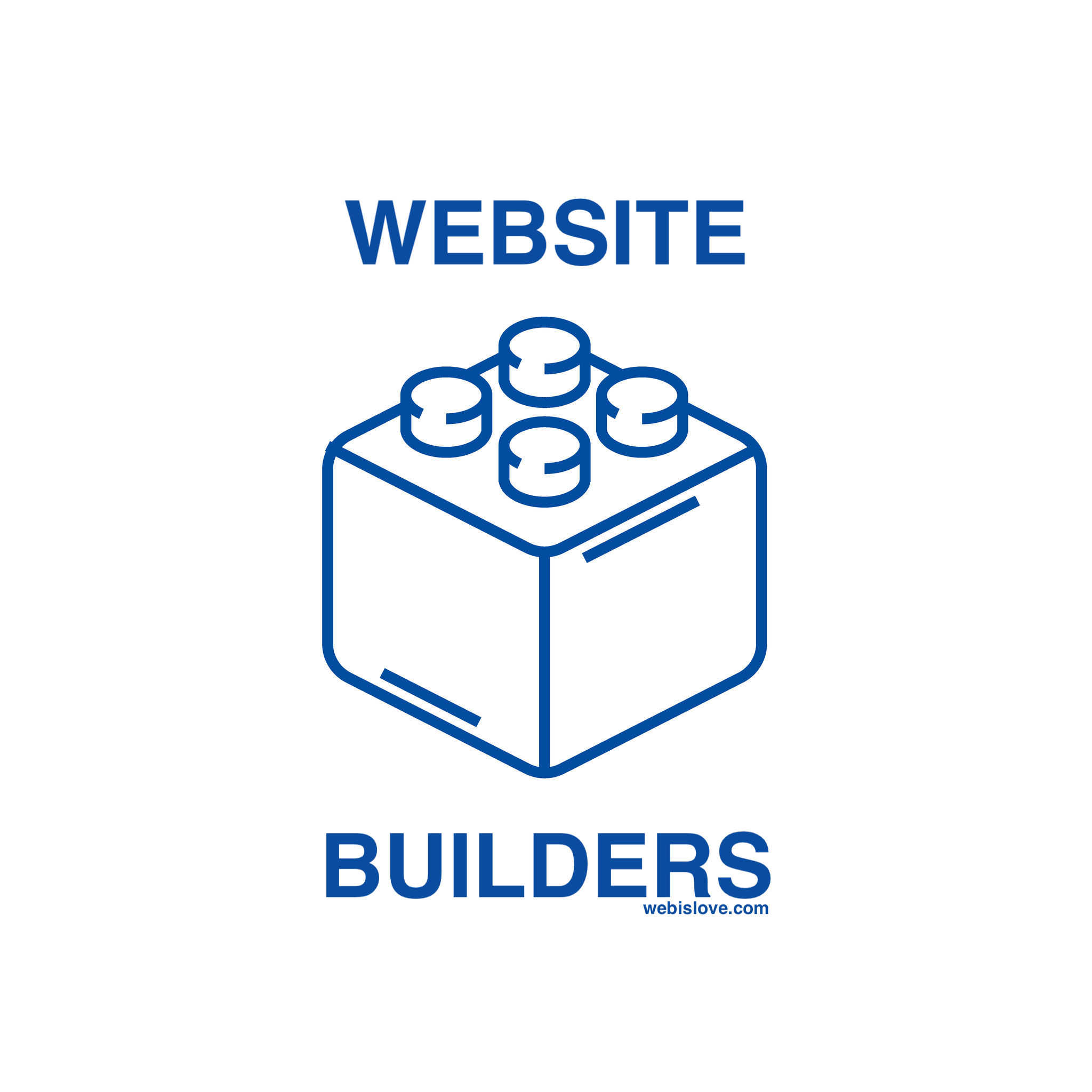Last Updated on Feb 25, 2020 by James W
Photo by: webislove.com
Although starting an e-commerce store is viewed as a cheaper solution to the traditional physical selling of products, what we can quickly notice is that quite many companies who operate online find themselves struggling.
An online store may reduce costs with inventories and employees, but still, it requires knowledge and skills to manage it. That is why we want to give you a few tips on how to choose the right e-commerce website builder, in order to help you avoid some of the mistakes beginners tend to make.
Tip #1 Put usability on the first place
There’s no point in using an e-commerce website builder if you constantly need help from a professional to manage your business online. A good e-commerce website builder should come with a friendly user interface and an intuitive design, so even if you don’t have a lot of experience, you’ll be able to understand what you have to do.
Some e-commerce experts claim that a modern-day website builder should offer “WYSIWYG” (what you see is what you get), but in reality, it’s highly recommended to learn some basic SEO and HTML, just in case you encounter any minor inconveniences.
Tip #2 Keep costs under control
In order to make your e-commerce website one of the best, you’ll have to allocate some capital, and there’s no easy way around this. Still, how you spend your money should be well-structured and have exact purposes. Keep asking yourself, “why do I have to buy this?” and “how this is going to improve my business?”. If you’re having trouble answering those questions in a clear and well-explained manner, then you’ll very likely waste money.
Tip #3 Customization puts you ahead of competitors
Having an original approach and offering a unique user experience in your e-commerce website can be a huge motivation for potential clients to buy from you. That is why you’ll have to customize it with a built-in shipping and fulfillment strategy, among others.
The plugins offered by the e-commerce website builder play a key role in this process. Make sure you choose the one that offers ample high-quality plugins for SEO, social media integration, tagging, collaboration, etc.
WordPress, Shopify, and Wix are just a few of the platforms that offer the features we’ve mentioned above. You get a free trial period for each one, so all you have to do is test them and see which one of them suits your needs the best. Don’t rush and “test the ground” before you actually build the e-commerce website, especially if you’re not accustomed to the digital world.
Do you own an e-commerce store? Would you like to improve your customer support and reduce the number of buyer disputes? If so, read our latest review of the Purchase Guard platform to learn how it works and how it can help you.




